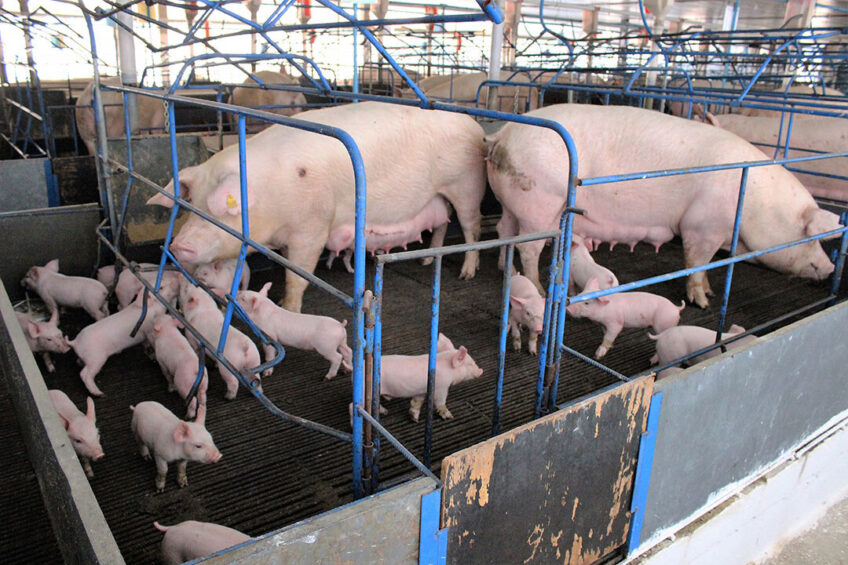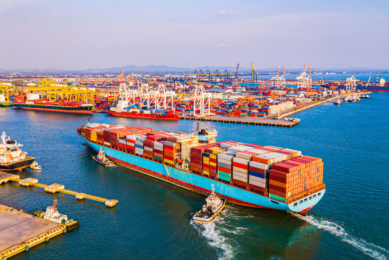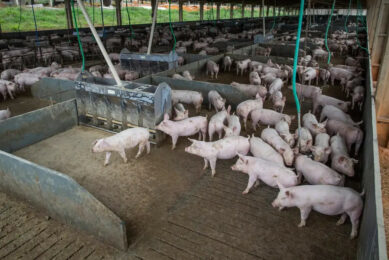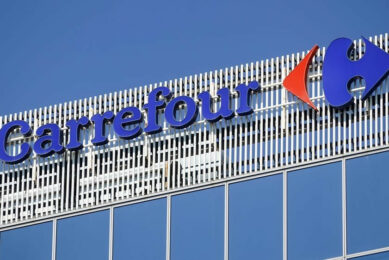Major Brazilian companies house 63% of sows in group pens

Housing of sows in group pens, which results in more welfare for the animals, happened in 62.9% of the entire herd of Brazil’s largest processors in 2022. Last year, the adoption level was 52.8%.
According to the Pig Observatory’s report, released in November by the NGO Alianima, the companies Alegra, Aurora, BRF, Frimesa, JBS and Pamplona total 1,210,919 sows and use group pens for 762,417 of them in 2022.
“It is important to recognise these advances, encouraging companies to maintain the deadlines stipulated in their respective public commitments as a goal”, the report says.
Mandatory practise
Among the 6 responding companies, only Frimesa moved backwards in 2022 compared to the previous year. However, according to the Brazilian Normative Instruction approved in 2020, the practice will be mandatory only then from 2045 onwards for all commercial pig farmers.
“Following the transition of the largest pork producers makes it possible to verify that the IN 113 deadline is unnecessary and outdated when granting the extension of animal suffering”, he adds.
Adoption among major pork companies
Pamplona (89%), Aurora (85%), JBS – Seara (70%) and BRF (54%) say they already have more than half of their herds with collective stalls, while Alegra (41%) and Frimesa (20%) follow below.
All of these companies are committed to completely replacing the use of individual cages for sows within periods that vary between 2025 (in the case of JBS) and 2029 (namely for Alegra). The others signed 2026 as the deadline.
At least 1 difficulty
For a better understanding, the Pig Observatory’s report also asked whether companies have encountered difficulties in proceeding the transition to group housing. With the exception of JBS, all participants mentioned at least 1 difficulty.
Financing was the most reported obstacle (67%), as in the 2 previous editions, indicating that it was not only an isolated obstacle, but one that often occurs in the Brazilian pork production chain. Another difficulty was producers’ acceptance to carry out the transition.











